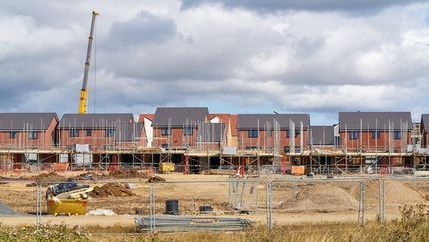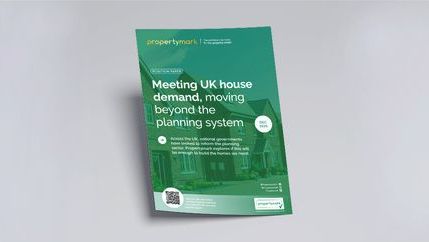
Extract to be rolled out to councils by 2026
Unveiled by the Prime Minister at London Tech Week, Extract is designed to help councils digitise historic, handwritten planning documents, reducing the time officers currently spend manually processing files. Built using Google DeepMind’s Gemini model, the tool is expected to be available to all councils in England by Spring 2026.
Early trials in Hillingdon, Nuneaton & Bedworth, and Exeter show promising results, with Extract completing tasks up to 40 times faster than traditional methods. With around 350,000 applications submitted each year and planning officers spending an estimated 250,000 hours on document checks, the potential for time and cost savings is significant.
Technology is no silver bullet
While we support this move toward a more efficient and transparent planning process, it’s vital to recognise that AI alone will not solve the challenges holding back housing delivery. The planning system is complex, and wider issues, such as the shortage of skilled workers, under-resourced planning departments, and inconsistent decision-making are also impacting delivery.
We have heard directly from members through roundtables and working groups about the delays and frustrations caused by the current system. Although Extract is a welcome development, it must be part of a broader and properly funded reform strategy.
The future must be digital and deliverable
Our policy paper The future of home buying and selling makes clear that the property sector must embrace technology.
We remain committed to working with governments, members, and local authorities to ensure the planning system becomes more responsive, consistent, and capable of supporting the homes our communities need.
Wider reforms must accompany digital transformation
In our February 2025 response to the Ministry of Housing, Communities and Local Government’s consultation on Streamlining Infrastructure Planning, we supported efforts to speed up projects with strong public backing. However, we stressed that controversial proposals must be subject to thorough consultation, and that Nationally Significant Infrastructure Projects should actively support Local Plans to reduce disruption.
We also responded in June 2025 to the UK Government’s consultation on Reform of Planning Committees (England), highlighting how decisions are becoming more complex and often exceed the capacity of local planning authorities. We called for performance regimes that reflect differences in caseloads and resources and recognise the challenges facing underfunded councils.






